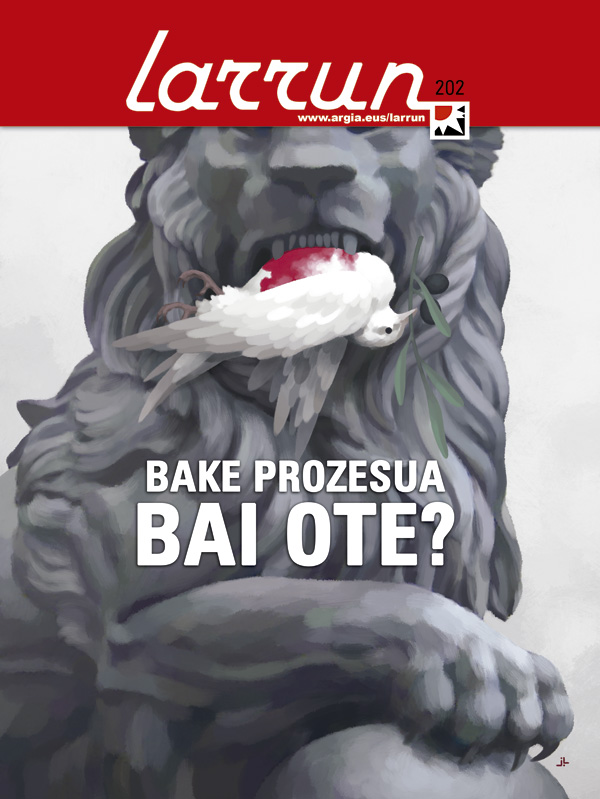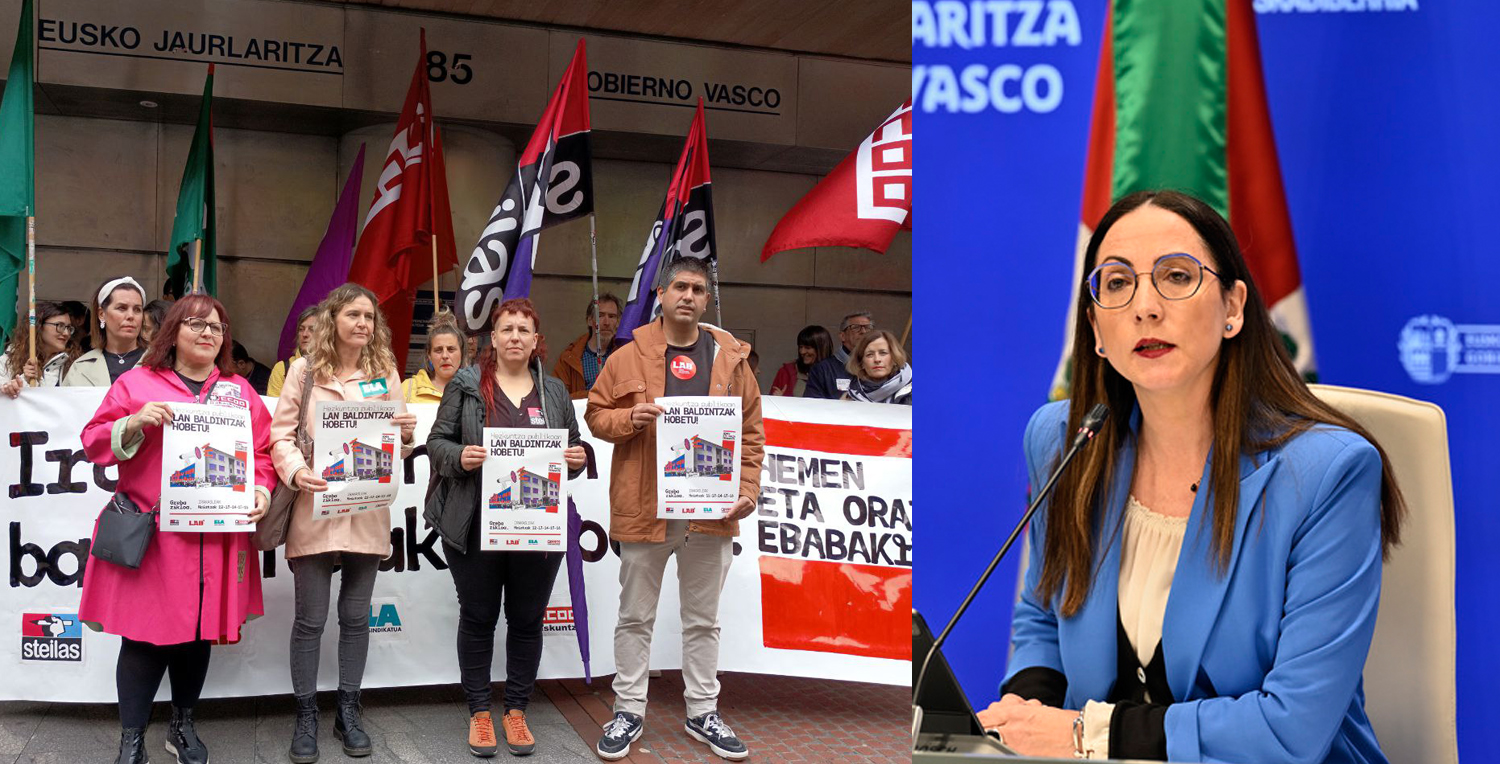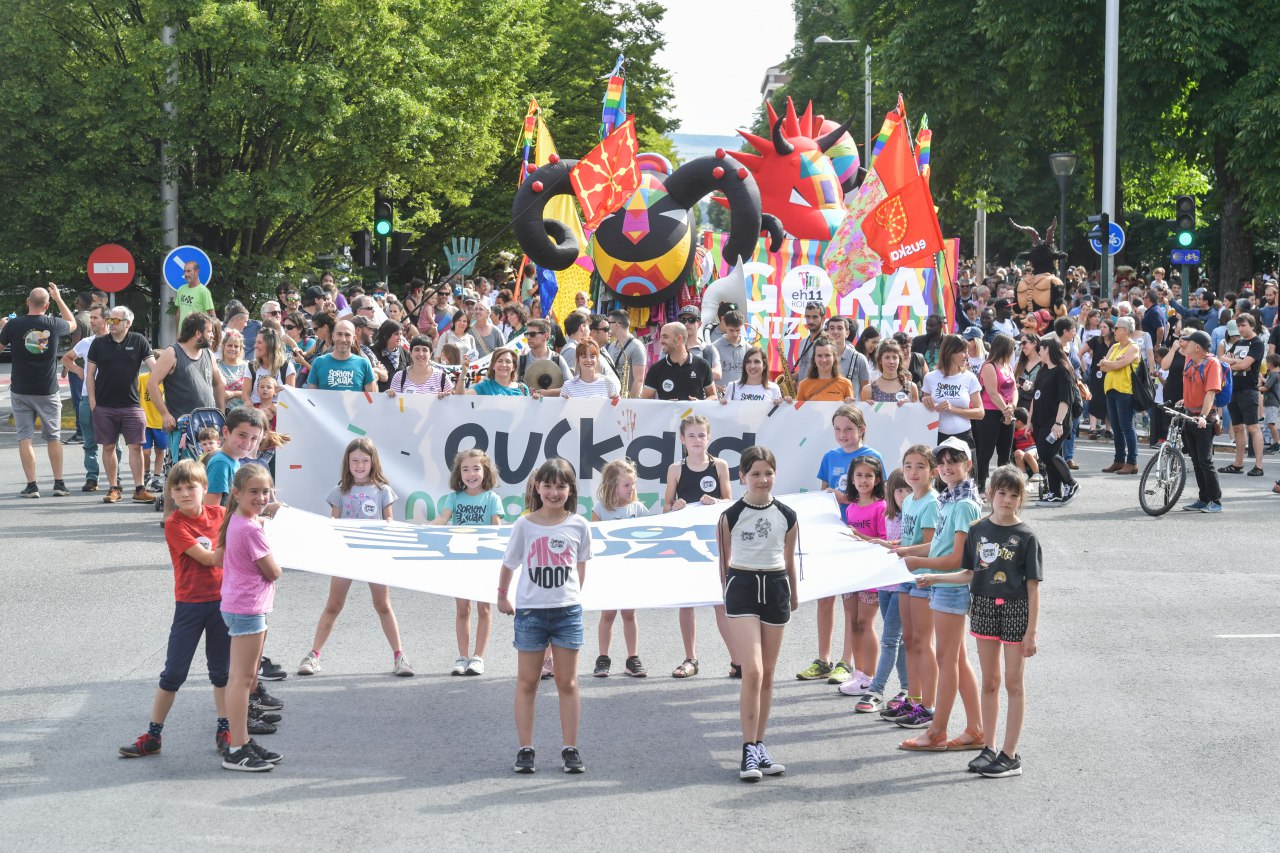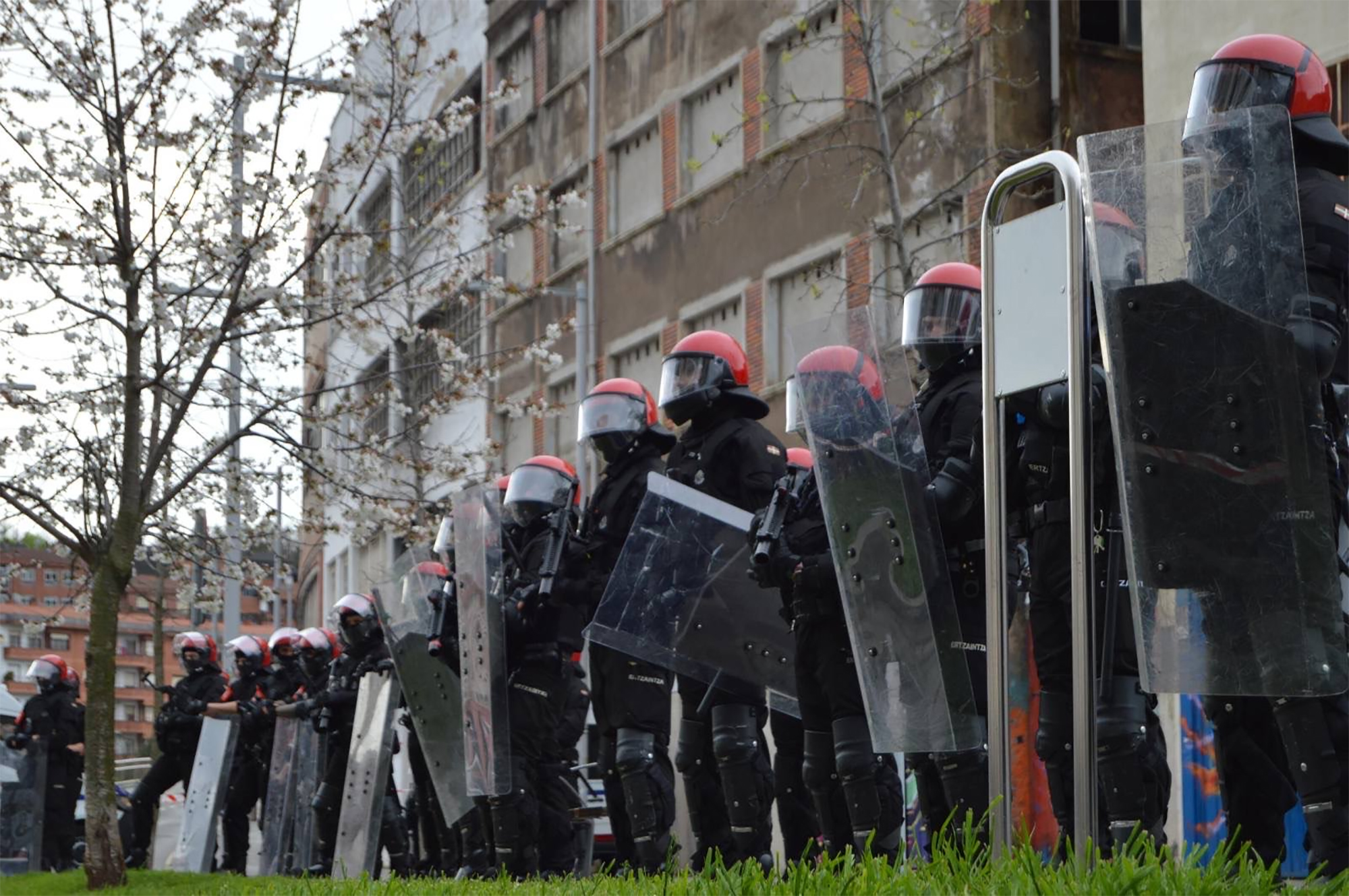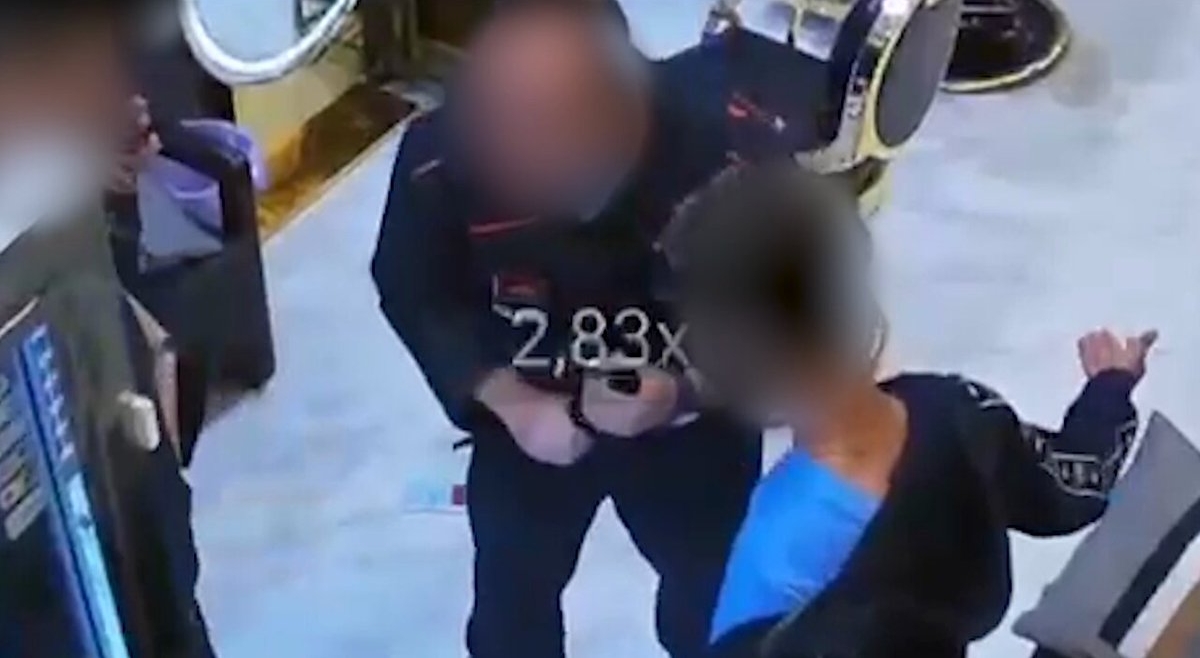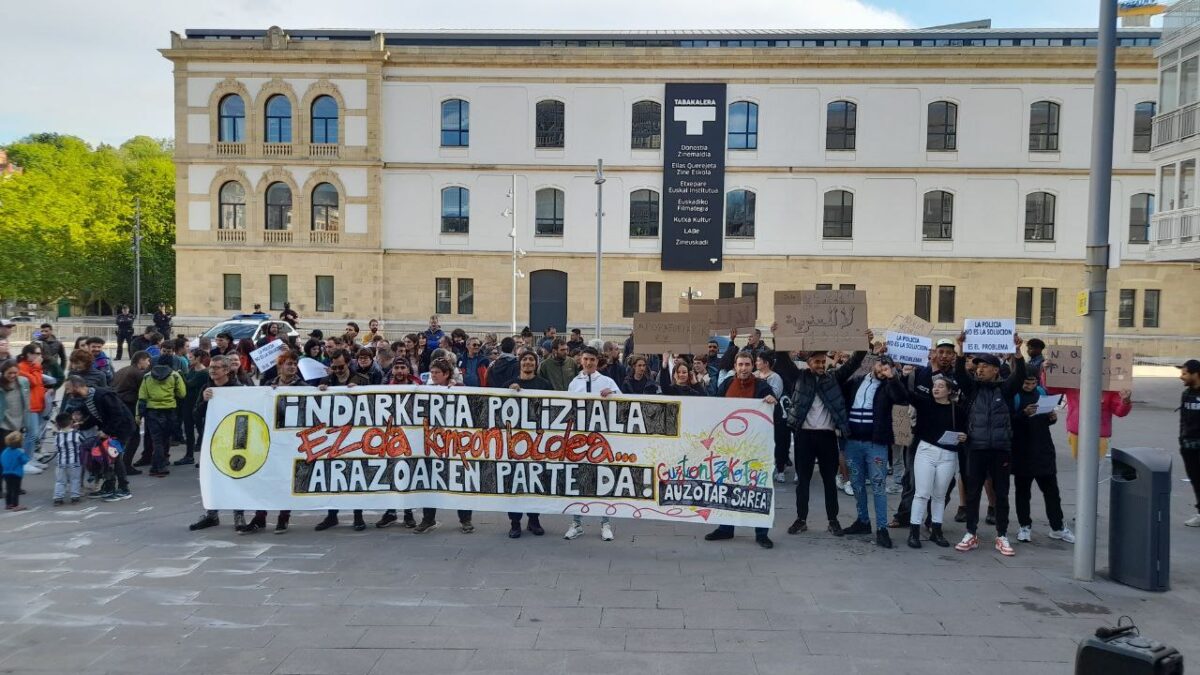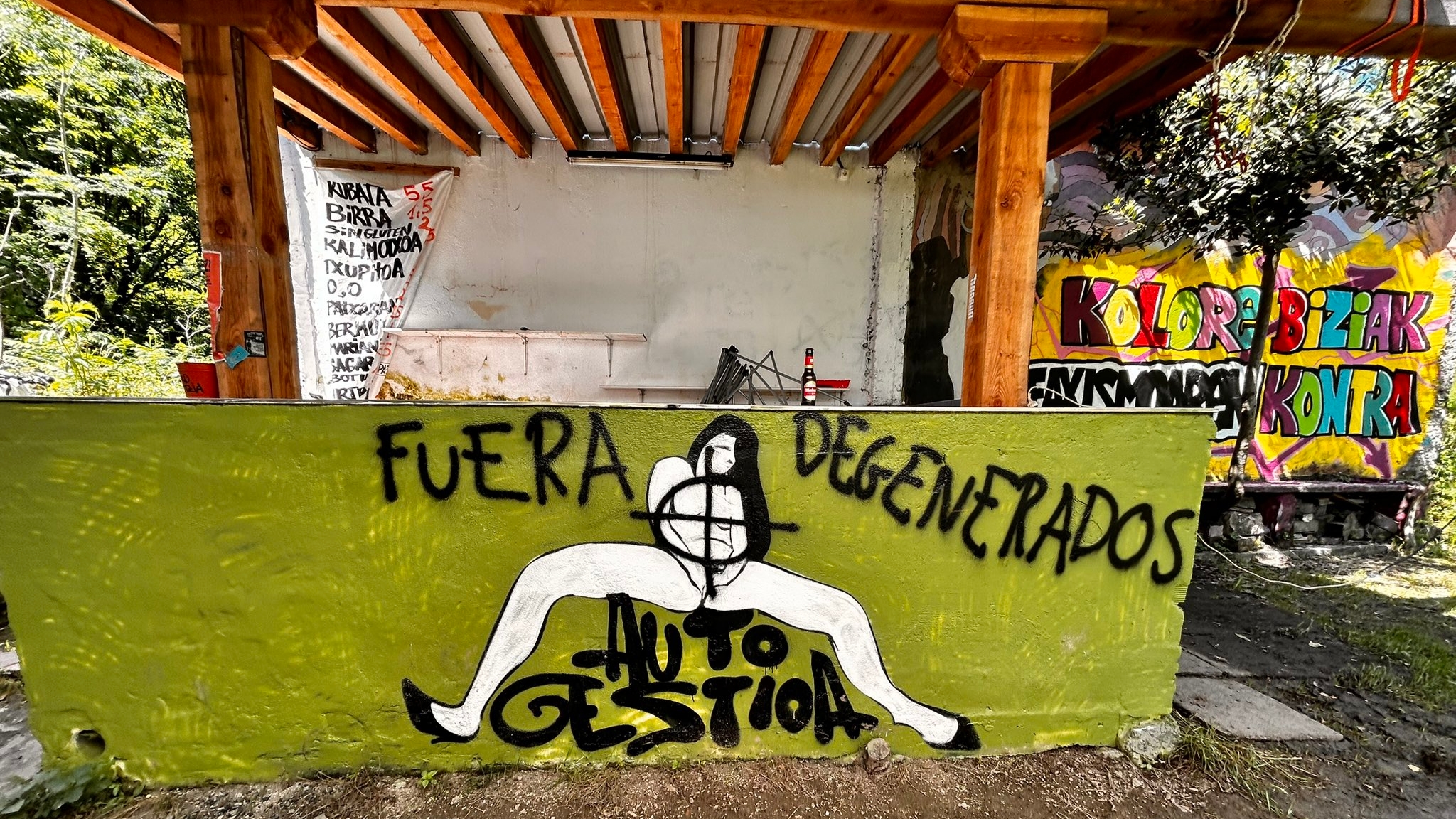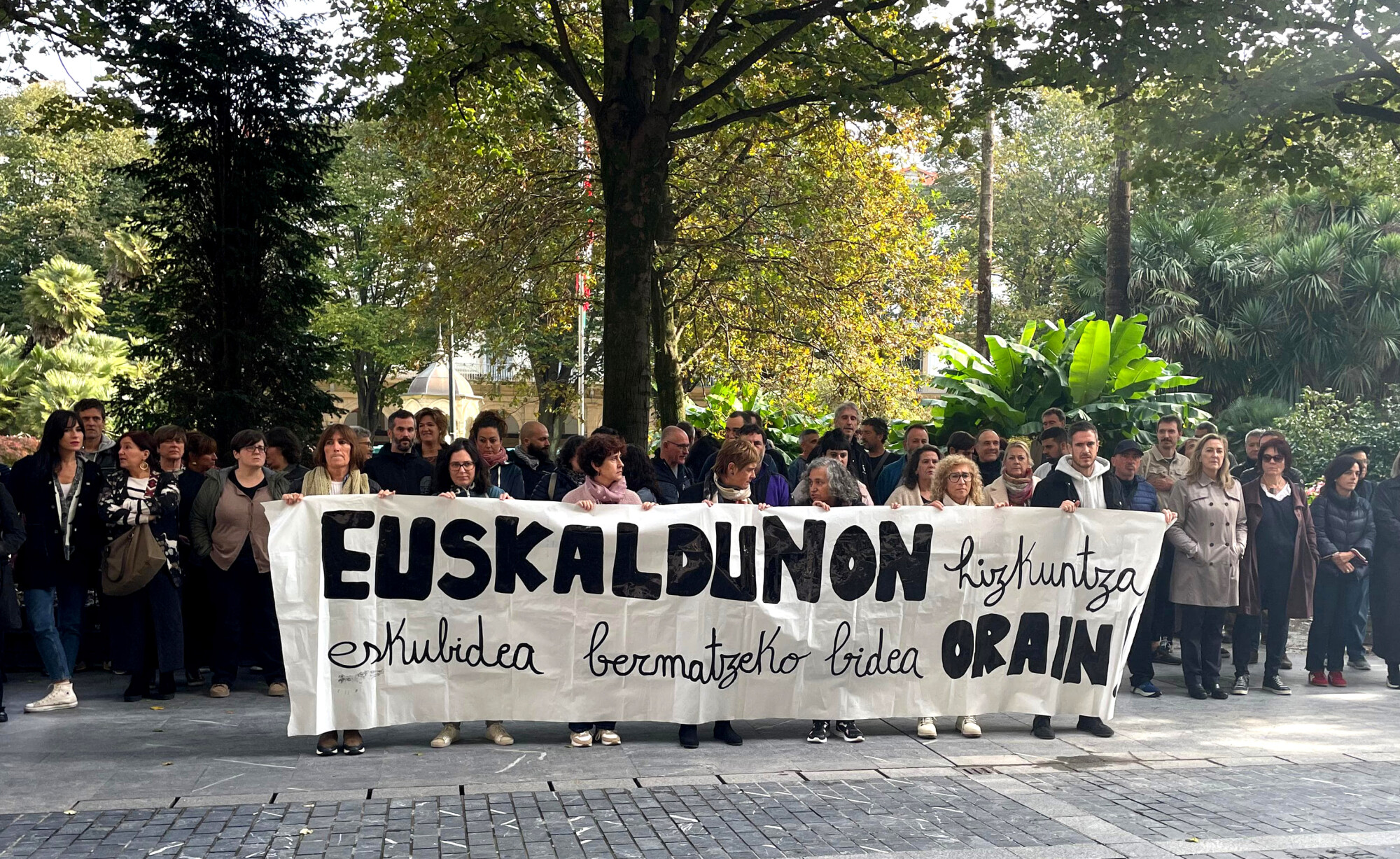"Political manipulation of victims is a very damaging factor"
- He is a specialist in issues related to victims of conflicts. He's been working on it for 30 years. It is the driving force behind the Gleencree initiative: “The seed has been sown. If the victims of ETA, the GAL or torture have denounced something, it has been politicisation and the use of the victims.” Today there is a lack of initiatives such as Gesture for Peace, Elkarri or Lokarri from the past: “We need new dynamics to have new social expressions.” It considers a political solution to the conflict resolution necessary to “put an end to violence, to terrorism, to armed conflict. As you like, I don’t use language to legitimize anything.”
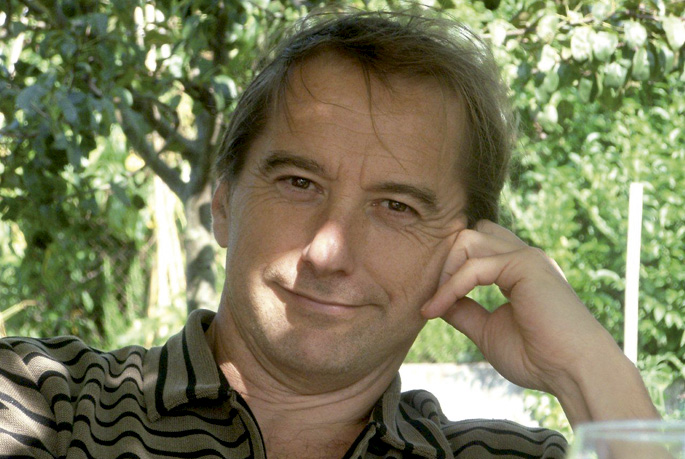
On what parameters does the character of the Basque conflict place? What are its characteristics?
I put it on a number of planes. One, because of its national nature, in terms of identity. Two, it's a political conflict. And strong. One feature: the language around conflict depends on polarization. If I say that there is “conflict”, another says that I am legitimising ETA’s activity. If I say ‘terrorism’, I mean ETA, but not state terrorism. The use of a term has a political determination, puts you in one place or another. What's more, it prevents him from talking about it, defining what we call this topic.
At this time, the situation of the conflict or the “peace process” is atypical. There is only one analysis of international armed conflicts. For example, that of El Salvador. There, the military draw has led him to the blockade of the conflict, but they have sought a political solution to end it. In Guatemala there was no draw because the guerrillas were defeated. The State wanted a political triumph, the process broke and remained unresolved.
In the Basque Country, military defeat is evident. The State is in control of the situation. However, the factors that have influenced ETA's end of violence should be carefully analysed. There is not one: on the one hand, the nonsense of violence, the tiredness of society and the lack of solutions. At the same time, instead of seeking other solutions, the most authoritarian proposals by the state have been imposed.
What aspects are of the greatest interest to you at the time of ending the armed conflict?
Rather than circumstances that may lead to the end, it is essential for me to determine who wins or who loses more in the legitimacy of the process, to analyze in depth what violence has produced within society. I mean, how do we weave the social network that's broken, that's been attacked by different kinds of violence. International experience has a lot to do with it. The means employed, the challenges they have assumed, even if ours is different, the other conflicts are mirrors to learn about our conflict.
How do you define the victim by conflict?
You don't have to guess the definition of victim. It is in the International Covenant on Human Rights. The victim is a person who has suffered severe suffering. This includes human rights violations and abuses. They have often been considered solely by state actors, but this approach needs to be expanded further. I relate the victim to human violence, because in a conflict there are other sufferings that are not human violations and that must be distinguished. We must not confuse all kinds of violence, because the mixture of everything ends up being used politically to avoid confronting the consequences, not to distinguish facts and actions. In other words, some are victims of torture, others of threats, others of murders, there are cases of missing persons.
How do you see the case of the victims in our environment?
In the case of victims, there has been an evolution in the past 20 years. Before those years, the victims of ETA had no knowledge – for example, the Basque institutions – until the law on victims of terrorism was created. This began to change in the 1990s, both legally and socially. It was a historic deficit: the victim was isolated, his situation was even more serious. Paradoxically, victims of torture, such as the Spanish Basque Battalion or the GAL, had greater recognition in the villages, but also without institutional recognition. Since then, progress has been made. In addition, recognition has been initiated for victims of State apparatus, killed in demonstrations, killed by the police and tortured.
Torture practices have been denied, as if the knowledge of human violence was to give water to the enemy. The logic of people has fallen within this brutal political logic, rather than dealing with the culture of human rights. That's being done here in pieces. In other countries, however, it has been done in terms of a political transition. After a change, a fall of the dictatorship or the end of the armed conflict, policies have been put in place that have generated the truth commission and the reparation commission, among others. Here, unfortunately, everything began to be mixed in a fragmentary way, taking into account some cases and partly denying others the status of the victims and their political identity. Consequently, some have been given greater social space, not because of the type of violence they have suffered, but because of their political identity. On the contrary, the possibility of others being able to speak has been questioned. In the Basque case, political manipulation is a very damaging factor. These are speeches in favour of victims for the construction of political alternatives. If, in the Glencree initiative, the victims of ETA, the GAL or the tortured denounced something, that was politicisation and their use.
How to build the society of the victims of 50 years of violence, taking into account that we have lived Franco and the later era.
It's hard to build, because social attitudes have to break down. Citizenship has built prejudices about what happened. Because what is legitimate and what is not has been disgraced. A victim has been assigned a category, not on the basis of the victim, but on the basis of his or her ideology. Moreover, it has not been possible to talk about torture because we are in a democratic moment, because it is not believed that torture is being carried out in democracy, and that victim has not been recognised as being tortured. These have generated a lot of prejudices in society. And they're unacceptable. In our work we have to translate facts, the analysis of facts, which emphasizes people who have suffered violence, based on the injustice of the violence suffered, in an independent way. In the case of the dictatorship, the pattern is systematic, it is a violation of mass rights, freedom of expression is prevented. In democracy, although these rights are known – they are not the patterns of systematic violence, as in dictatorship – that does not mean that it is not tortured because we live in democracy. This syllogism has not favored the work of human rights and the recognition of victims.
The debate has to be put somewhere else. The violation of human rights does not depend on the legitimacy of the political regime or of the person making the assessment, which questions whether or not there is democracy. In this way, the assessment is definitive and in the meantime the rights of the victims are confiscated and the suffering of the victims is used instead of making a policy that addresses the problem. Unfortunately, that is part of the political debate. However, it is necessary to reach a basic consensus on the recognition of victims. In other words, in cases of human rights violations where the basic consensus has been achieved, we must work well on the documentation. That's the minimum. If those involved in the conflict do not agree on the minimum points, there will never be an inquisitive memory of the victims.
ETA has already announced a long time ago the final ceasefire, which has not occurred. How does the new situation affect the knowledge of victims?
Improving the social climate. The ceasefire has helped to reveal initiatives under limited conditions and in silence. For example, the experience of the Glencree initiative was not organized to be counted, but to live in the groups in which we work. These meetings were held in 4-5 years, to begin by exploring the possibility of achieving a safe and stable environment among the attendees. To know if the victims were able to listen to each other, to see if there was mutual recognition. We need social spaces to value suffering. The cause of suffering is politico-social, but it is not socially and politically valued until someone recognizes it. In some cases it is recognised by the neighbours and in others by the institutions, that is, by those with political representation. This recognition is very important, because it gives a framework of legitimacy to those who have suffered. It hides in another way, it has no social existence, even if it is its political-social cause.
Glencree’s acts were very powerful, but always within the “dynamics of not counting”. The victims said at the beginning that “this will not be counted.” When ETA’s final ceasefire was given, “we’re going to tell this. What we have done has to be a lesson for others,” they said. Without changing the political scene, we could not make the experience known. 3. When Gleencree was made, the third group reached agreements more easily than in the previous two, as the social environment was better.
Sowing.
Yes. The point is that the seed comes to everyone, metaphorically put, the seed has to transform people. This seed has a great potential, a vital force, but the factor depends on many. Now someone has to water, mow and care. Otherwise, the experience will be good, nice and appropriate, but you will stay in a seed bank, without leaving it.
Without exaggeration, the Glencree initiative has explained the reality, has shown a possible scenario and has created new experiences, and has not only influenced a part of the political arena. It has questioned rigid sectors, it has called dozens of victims to look in the mirror, now it affects a constructed discourse. But, beware, all victim associations have the legitimacy of being fully legitimate and caring for victims in their own way.
What should be the role of the victims?
The role of the victims must be accompanied by demands for justice and reparation in their favor, so that what has happened and what has been suffered is not repeated, as is usual in any process of transformation of the conflict or overcoming violence. Therefore, do they have to have a political reason for being a victim? No. There's been a mixture of blueprints. Look, being a victim of torture does not give you legitimacy to say that the solution to the conflict is independence, or to say that being a victim of ETA is indivisible or that someone questioning it is terrorist. There are different planes and you can't mix them.
Do politicians use the victims?
Of course. The political use of the victims has been rapid and malicious, there has been political use of suffering. The behaviors that have led to the polarization of society in order to gain control of the problem have been very wrong. That is, “if you are not with me you are against me.” If you have another attitude, there's no rainbow here, it's black or white. You're on one side or the other. We have raised very high fences and now we have to throw them out.
The Abertzale left has been accused of turning its back on the victims of sexual assault. Is no one being asked to recognise the victims?
It's possible. But in part, it's normal. It is necessary to recognize suffering and self-criticism. That's healthy for the Abertzale left and for everyone. But self-criticism should not be used as a weapon of arrogance. I emphasise the recognition of the rights of human violations, and that is what we must ask those who are not sensitive to the victims of ETA, those who turn their backs on the tortured, those who have taken advantage of the state apparatus, those responsible for the LAGs. Because in those cases recognition is different, and I don't want to equate everyone, but everyone needs recognition, that's necessary and healthy. The problem is that everyone sees the emergence of this recognition as a weakness and not as a moral force. My recommendation to all actors is that we must work on moral strength, but not to throw the other as a weapon, but to make self-criticism.
Salvador Puig Antich frankismoaren kontrako militantea izan zen. Askapen Mugimendu Iberikoko kidea, 1973ko irailaren 25ean atxilotu zuten. Gerra-kontseilua egin zioten, eta garrotez exekutatu zuten handik sei hilabetera, 1974ko martxoaren 2an. Aurtengo otsailean baliogabetu du... [+]
Bilboko Kafe Antzokian, hemen argitaratutako nire kolaborazioen bilduma den Zapalduon pedagogia liburuaren aurkezpenean, entzuleen arteko emakume batek bota zidan galdera. Ohikoak ditudan gaiak aletuz joana nintzen hitzaldian, eta Euskal Herriaren egungo egoeraren kezka jada... [+]
Euskadi markak, eraikuntza sektoreko ekonomiaren estrategian, “industrializazioa” mantrarako hitz gisa hartu duela jakinarazi berri du Eusko Jaurlaritzak. Etxebizitza publikoaren eraikuntzan industrializaturiko prozesu eta elementuak lan guztien %65a izatea... [+]







